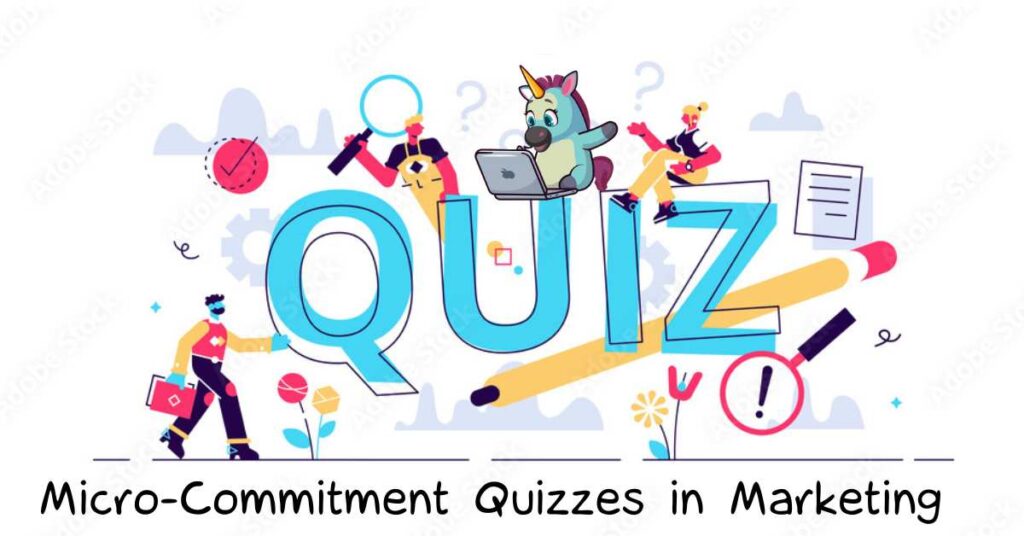
Ever clicked on a “What type of person are you?” quiz and found yourself engrossed for 10 minutes?
You’re not alone.
This behavior is a prime example of micro-commitment quizzes in action.
But wait a second…
Why are these quizzes so addictive, and how can marketers take advantage of their power?
The psychology of micro-commitments.
Even though it’s not immediately obvious, this marketing principle suggests that small, easy decisions can lead to large commitments.
Smart marketers and brands capitalize on this tendency to boost engagement and drive conversions.
It’s like our brains say, “I’ve already invested time in this quiz; I might as well see it through!“
🧠 The Psychology of Micro-Commitment Quizzes

It all boils down to our natural curiosity and desire for self-discovery.
When we find a quiz, it becomes a low-stakes opportunity to learn something about ourselves.
Completing the quiz can make us feel accomplished and invested, which can be psychologically rewarding.
Micro-commitment quizzes exploit this psychological tendency by offering bite-sized engagement that leads to deeper interaction, creating a sense of investment in the process.
The Good, the Bad, and the Quiz Trap
While micro-commitment quizzes can be powerful tools for driving engagement, they’re not without considerations:
On the positive side, well-executed quizzes can:
- Boost user engagement and time on site
- Provide valuable data for personalization
- Increase lead generation and conversions
However, there are also potential downsides to consider:
- They can be perceived as gimmicky if not well-designed
- May lead to privacy concerns if data collection isn’t transparent
- Can result in quiz fatigue if overused
⚖️ The Good, the Bad, and the Quiz Trap
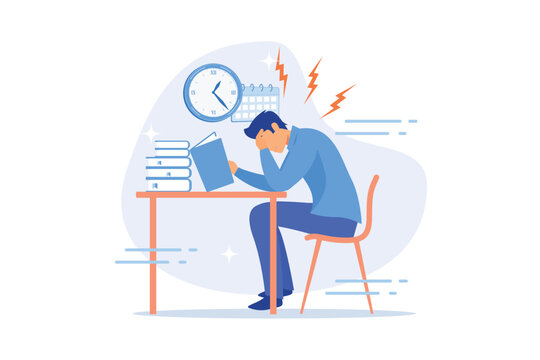
While micro-commitment quizzes can be powerful tools for driving engagement, they’re not without considerations:
On the positive side, well-executed quizzes can:
- Boost user engagement and time on site
- Provide valuable data for personalization
- Increase lead generation and conversions
However, there are also potential downsides to consider:
- They can be perceived as gimmicky if not well-designed
- May lead to privacy concerns if data collection isn’t transparent
- Can result in quiz fatigue if overused
🚨 The Impact of Micro-Commitment Quizzes in Digital Marketing

In the world of digital marketing, micro-commitment quizzes can have significant impacts:
Increased Engagement: By offering interactive content, brands can keep users on their site longer.
Data Collection: Quizzes provide valuable insights into user preferences and behaviors.
Lead Generation: Quiz results can be gated, encouraging email sign-ups.
Personalization: Quiz responses can inform tailored marketing strategies.
🐐 Micro-Commitment Quiz GOATs
Check out these brands that have mastered the art of leveraging micro-commitment quizzes:
BuzzFeed
BuzzFeed’s quizzes have become cultural phenomena, driving massive engagement and sharing.
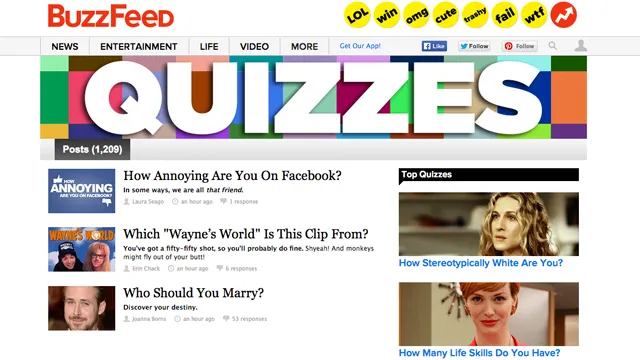
Zenni Optical
Zenni’s “Face Shape Quiz” helps users find the perfect glasses while collecting valuable data.
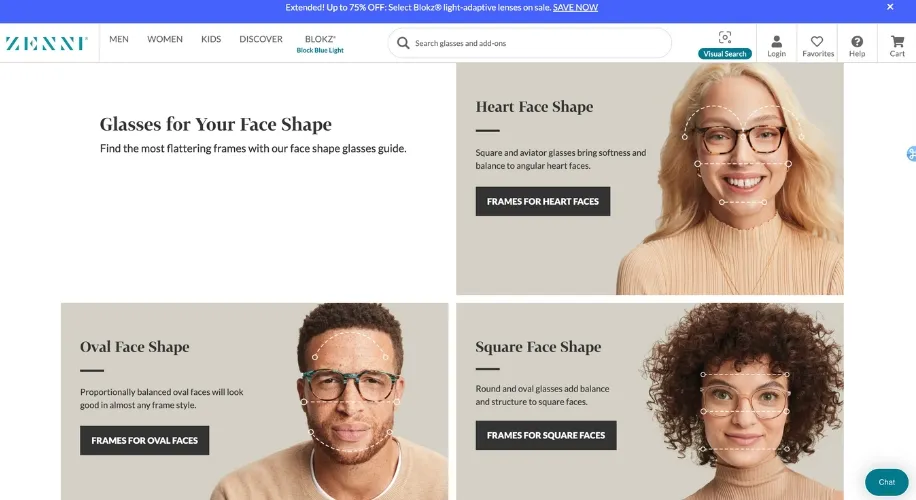
Warby Parker
Warby Parker’s “Find Your Perfect Frame” quiz combines engagement with practical product recommendations.
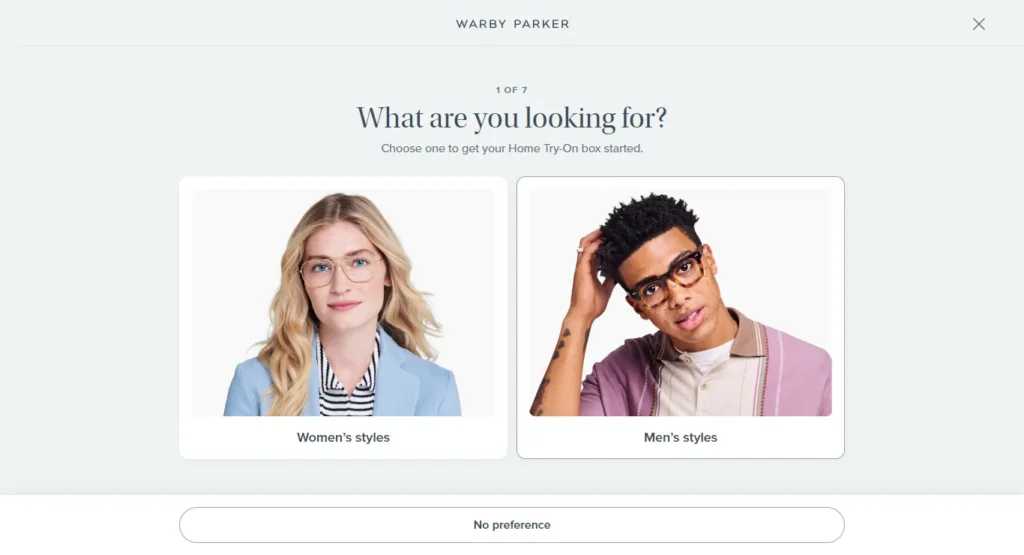
Sephora
Sephora’s “Beauty Insider Quiz” personalizes product recommendations while building brand loyalty.
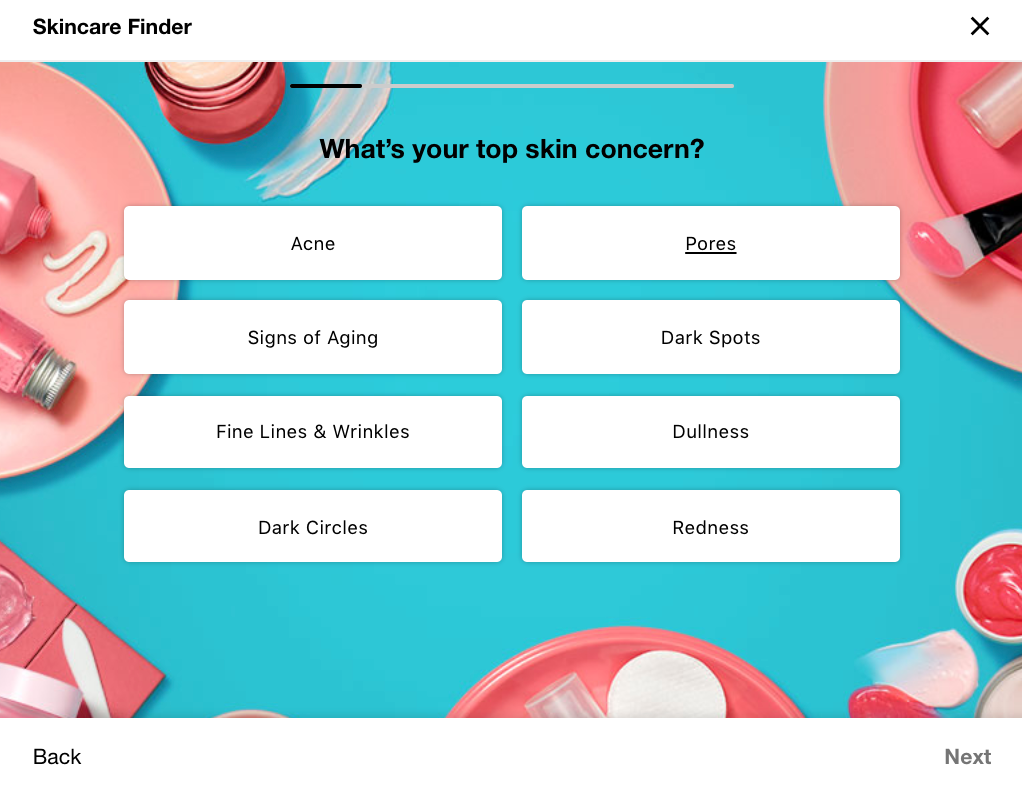
By studying these examples, understanding the psychology behind micro-commitment quizzes, and considering the potential traps, you can develop a balanced marketing strategy that drives engagement while providing genuine value to your audience.
Want to see it in action? Take our marketing quiz below to see how well you understand the power of micro-commitments:
Growth IQ test!
Scoring: If you answered “Yes” to 3 or more questions, it’s time to supercharge your marketing strategy with micro-commitment quizzes!

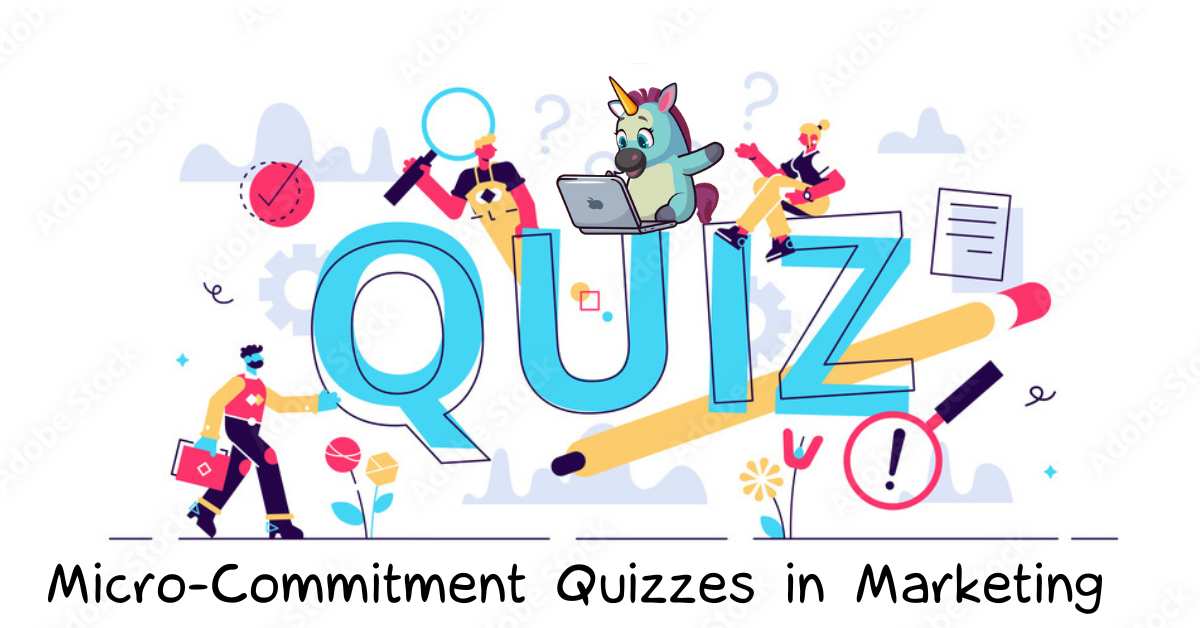
Leave a Reply